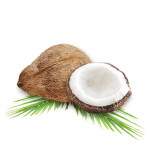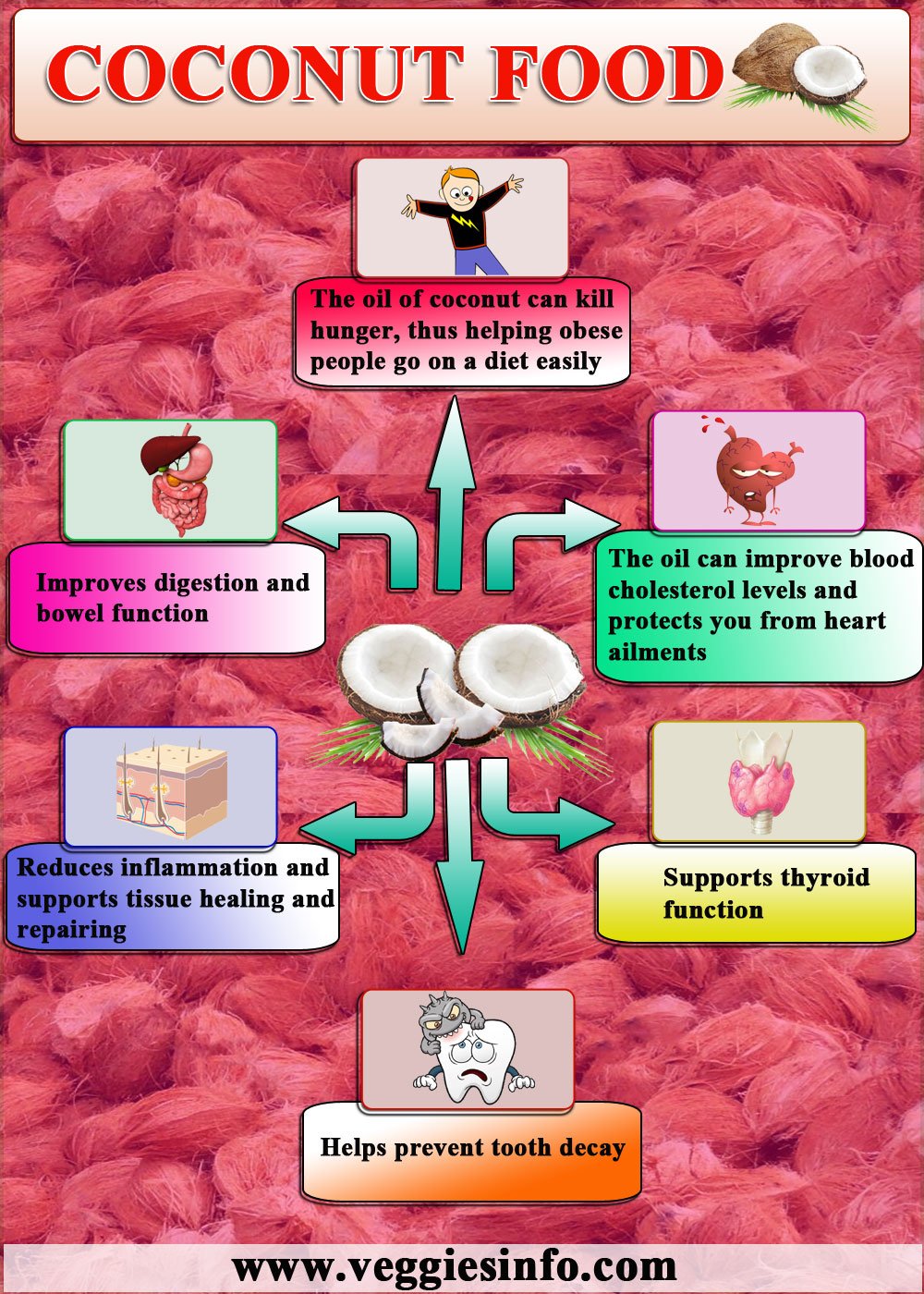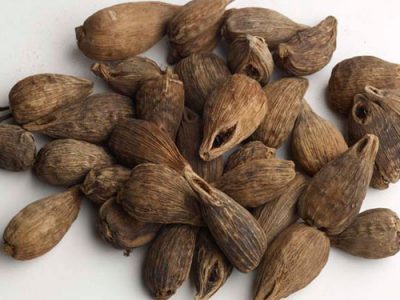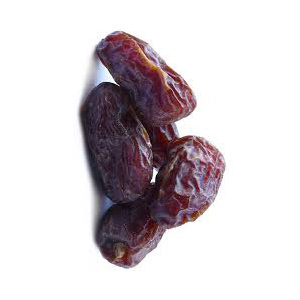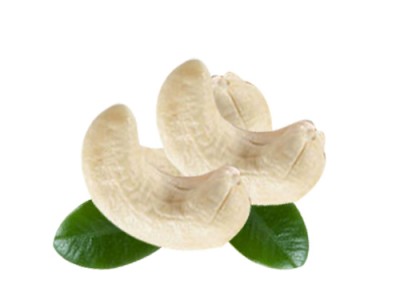
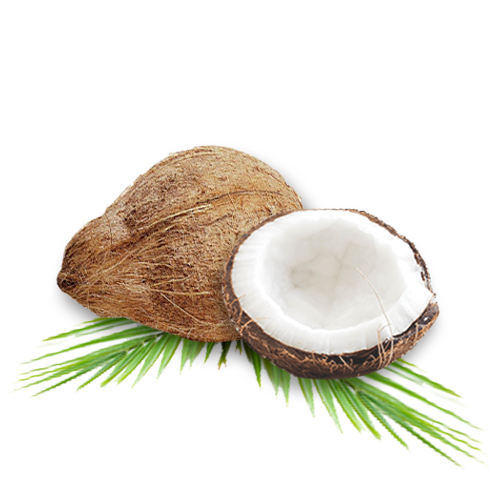
Coconut Food Source and Its Health Benefits
Coconut
It is scientifically known as Cocos nucifera, was called coco by early Spanish explorers in the 16th century, meaning monkey face. The word coconut refers to the entire coconut palm, the seed, or the fruit, which is a drupe botanically, and not a nut.
It is greatly versatile with all its parts proving of high value for human use everywhere in the tropics and the subtropics. Many people include coconut in their daily diets. It contain lot of water unlike other fruits and thus can be harvested for their water content that is rich in minerals.
Nutrition, Food Source and Other Uses
When the coconuts are mature, they still contain some water and can be used as seed nuts or processed to produce oil from the kernel. Charcoal can be made from the hard shell and coir from the fibrous husk. Its oil and milk are commonly used in cooking and frying, and the oil is widely used also in soaps and cosmetics. Coconut husks and leaves can be used as material to make a variety of furnishing and decorating products.
Many communities across the globe associate coconut with cultural and religious significance. Many coconut-derived substances ranging from oil to flour and milk are widely being used in home kitchens, restaurants and packaged foods. High amount of fiber, vitamins and minerals are found in the coconut. Beyond its nutritional content, coconut is also known as a functional food as it gives many health benefits. Pacific islanders considered this to be a cure for an illness.
Health benefits
Following are the ten proven health benefits of coconuts:
- It contains a unique combination of fatty acids with powerful medicinal effects
- People who eat coconuts are amongst the healthiest on the planet
- This oil increases your energy expenditure facilitating more fat burning
- Lauric acid of coconut oil kills bacteria, fungi and viruses, thus preventing infections
- This oil can kill hunger, thus helping obese people go on a diet easily
- Fatty acids of coconut converted into ketones can reduce seizures
- The oil can improve blood cholesterol levels and protects you from heart ailments
- This oil protects against hair damage, promotes proper hair growth and nourishes skin
- The fatty acids of this oil can boost brain function in Alzheimer’s patients
- This oil helps you lose fat from your abdominal cavity
- Coconut helps protect against osteoporosis
- Improves digestion and bowel function
- Reduces inflammation and supports tissue healing and repairing
- Supports and aids immune system function
- Helps protect the body from various kinds of cancer attacks
- Functions as a protective antioxidant
- Supports thyroid function
- Promotes healthy complexion
- It is completely non-toxic to humans
- Helps relieve symptoms against gall bladder disease
- Helps prevent tooth decay
- Does not deplete body’s anti-oxidant reservoir
- Dissolves kidney stones and prevents liver diseases
- Prevents dryness and flaking of the skin
- Improves cholesterol ratio reducing heart associated risks
- Reduces symptoms associated with psoriasis, eczema and dermatitis

